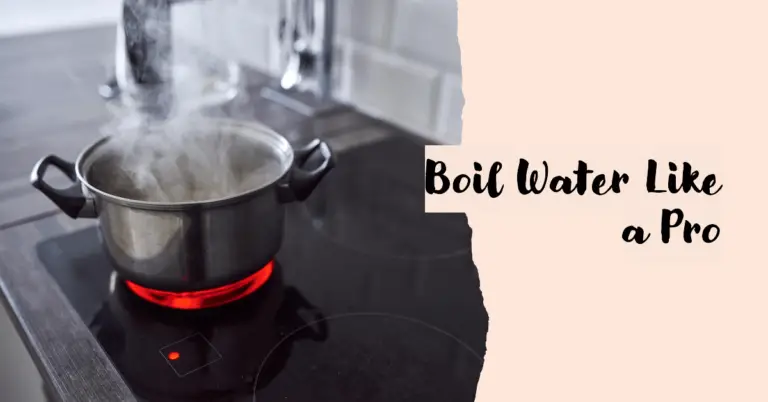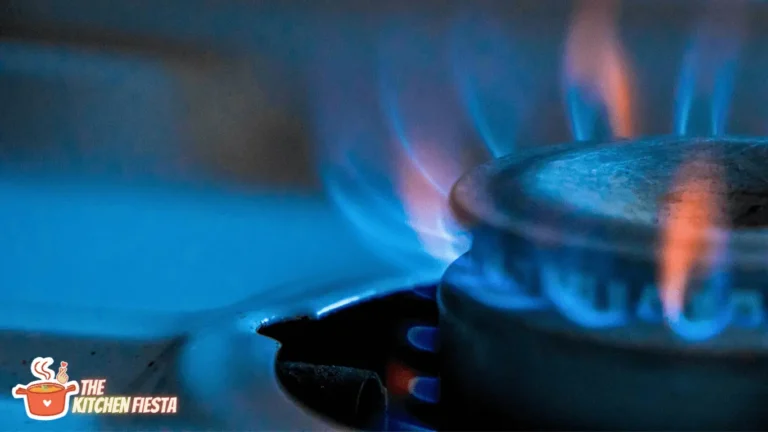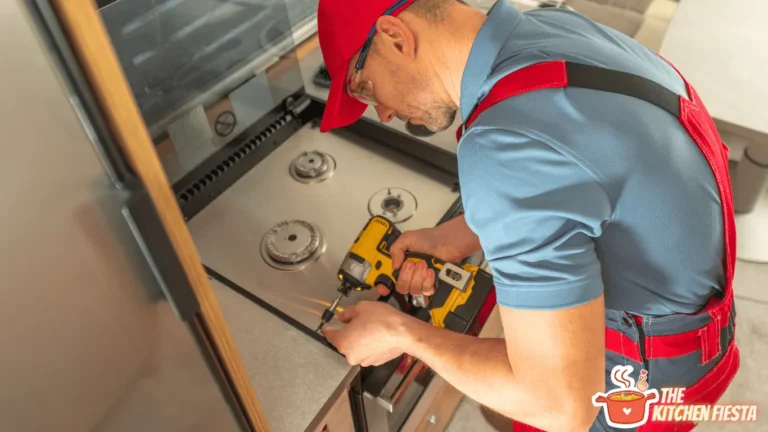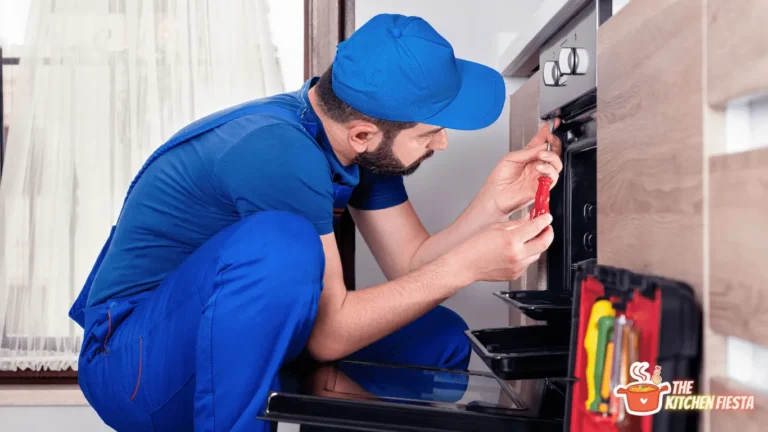does a natural gas cooktop need a regulator?
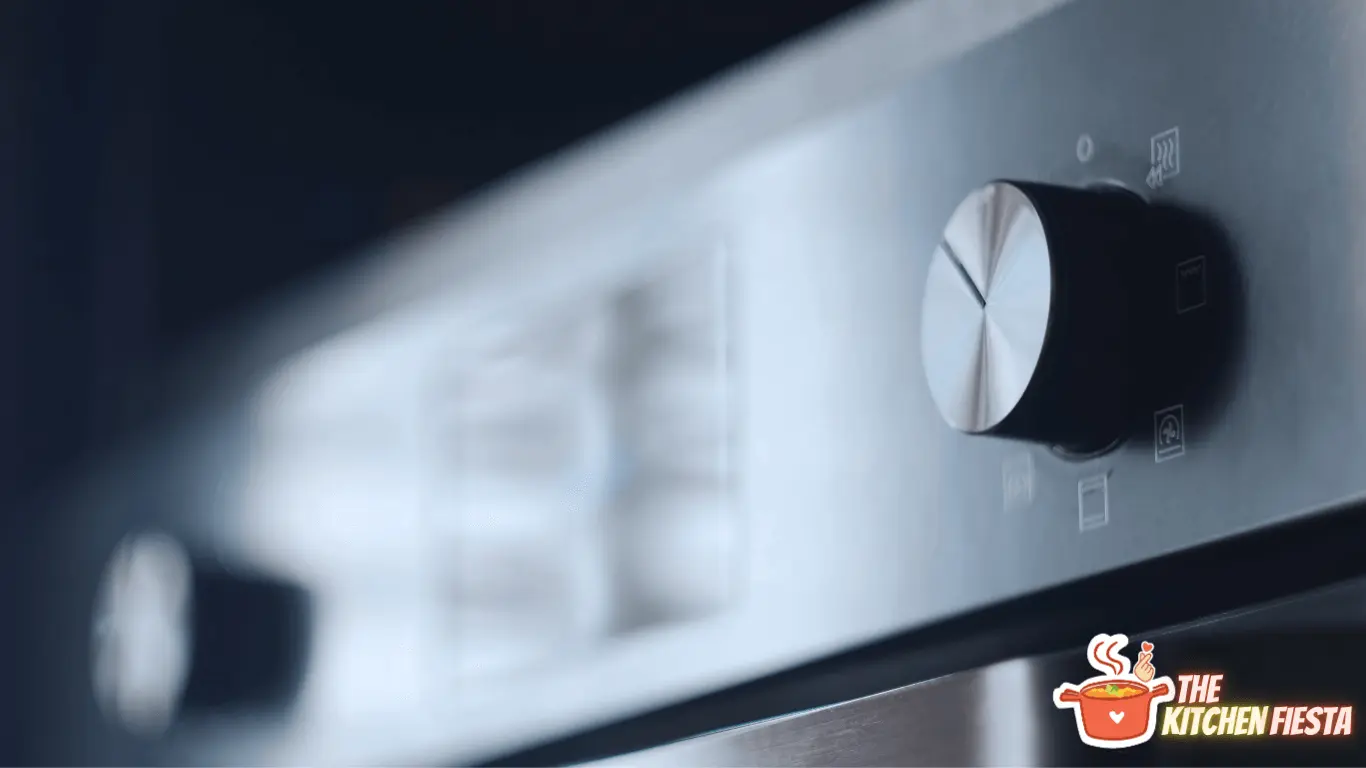
Natural gas cooktops are a popular choice for many households due to their convenience and efficiency. However, many people need clarification on whether a regulator is necessary for their natural gas cooktops. So, does a natural gas cooktop need a regulator?
Yes, a natural gas cooktop needs a regulator, as it helps to control the gas pressure. The same goes for LPG and propane gas cooktops.
Let’s dive into the article for a detailed version.
What is a Regulator?
A regulator is a device that controls the pressure of gas that flows into a home or appliance. It is an essential safety device that ensures that the amount of gas flowing into the home or appliance is regulated. Regulators are typically found in homes that use natural gas, propane, or LPG gas.
Function
The primary function of a regulator is to reduce the high pressure of gas that flows from the gas meter or tank to a safe and usable level. Without a regulator, the high-pressure gas could cause an explosion or fire. The regulator ensures that the gas that flows into the home or appliance is at a safe and usable pressure level.
Regulators are designed to work with specific types of gas, so it is important to use the correct regulator for the type of gas being used. Regulators are typically installed near the gas meter or tank and are connected to the gas line that runs into the home or appliance.
Regulators come in various sizes, shapes, and capacities. The size of the regulator required depends on the amount of gas that needs to be regulated. For example, a small regulator may be used for a home that uses natural gas for cooking, while a larger regulator may be required for a home that uses natural gas for heating and cooking.
Types of Regulators
There are different types of regulators that you can use.
Single-Stage Regulators
Single-stage regulators are the most basic type of regulator. They are designed to reduce the pressure of the gas from the source to the appliance. The pressure reduction is done in a single stage, hence the name. Single-stage regulators, such as residential natural gas cooktops, are typically used for low-pressure applications. They are simple to install and operate and are relatively inexpensive.
Two-Stage Regulators
Two-stage regulators are more complex than single-stage regulators. They are designed to reduce the pressure of the gas in two stages. The first stage reduces the pressure from the source to an intermediate pressure, and the second stage reduces the pressure from the intermediate pressure to the appliance pressure.
Two-stage regulators are typically used for high-pressure applications, such as commercial natural gas cooktops. They are more expensive than single-stage regulators but provide better pressure control and are safer to use.
Integral Twin-Stage Regulators
Integral twin-stage regulators are a combination of single-stage and two-stage regulators. They are designed to provide the benefits of both types of regulators in a single unit. Integral twin-stage regulators have two stages, like two-stage regulators, but they are integrated into a single unit, like single-stage regulators.
They are typically used for medium-pressure applications, such as RV natural gas cooktops. They are more expensive than single-stage regulators but provide better pressure control than single-stage regulators and are more compact than two-stage regulators.
There are different types of regulators you can use for natural gas cooktops. Single-stage regulators are the most basic type of regulator, while two-stage regulators are more complex and provide better pressure control.
Integral twin-stage regulators combine both types of regulators and provide better pressure control in a compact unit. The type of regulator you choose will depend on the pressure requirements of your natural gas cooktop and your budget.
Why Do You Need a Regulator for Natural Gas Cooktops?
There are a few important things to remember when using natural gas cooktops. One of the most important is the need for a regulator.
1. Safety Concerns
One of the most important reasons to use a regulator is safety. Without a regulator, the gas pressure in the cooktop can become too high, which can lead to dangerous situations. For example, a gas leak can occur if the pressure is too high, leading to an explosion or fire. A regulator helps to control the pressure of the gas, which makes it safer to use.
2. Efficiency
Another reason to use a regulator is for efficiency. When the pressure of the gas is too high, it can lead to wasted fuel. This is because the gas will be flowing too quickly, which can cause it to burn too quickly and not be used as efficiently as possible. A regulator helps control the gas flow, which helps ensure that it is used as efficiently as possible.
3. Performance
When the pressure of the gas is too high, it can cause the flames on the cooktop to be too large or too small. This can make it difficult to cook food properly. A regulator helps to ensure that the flames are the right size, which helps to ensure that food is cooked evenly and properly.
How to Choose the Right Regulator for Your Natural Gas Cooktop?
Safety is always a top priority. One essential component of a natural gas cooktop is a regulator. But with many options, how do you choose the right regulator for your natural gas cooktop? Here are a few things to consider:
1. Type of Cooktop
The type of cooktop you have will determine the type of regulator you need. There are two main types of natural gas cooktops: those that use a fixed orifice and those that use an adjustable orifice. Fixed orifice cooktops require a specific regulator to work with that type of cooktop. On the other hand, adjustable orifice cooktops require a regulator that can be adjusted to accommodate different BTU ratings.
2. BTU Rating
The BTU rating of your natural gas cooktop is another important factor to consider when choosing a regulator. The BTU rating measures the amount of heat the cooktop can produce. The higher the BTU rating, the more heat the cooktop can produce. A regulator that is too small for the BTU rating of your cooktop will not be able to deliver enough gas to the burners, resulting in poor performance. A regulator that is too large, on the other hand, can lead to safety issues.
3. Gas Pressure
The gas pressure in your home will also play a role in choosing the right regulator for your natural gas cooktop. The pressure of the gas entering your home can vary depending on several factors, including the distance from the gas meter to your cooktop. A regulator not designed to handle the gas pressure in your home can lead to safety issues.
The right regulator for your natural gas cooktop requires careful consideration of the type, the BTU rating, and the gas pressure in your home.
Installation and Maintenance of Natural Gas Cooktop Regulators
Natural gas cooktops require a regulator to control the gas pressure. The regulator ensures that the gas flow is consistent and safe.
Professional Installation
It is recommended to hire a professional to install a natural gas cooktop regulator. This is because the installation involves working with gas lines and requires experience and knowledge in the domain of pipe fitting. A professional installer will ensure that the regulator is installed correctly and that the gas flow is safe and consistent.
If you choose to install the regulator, ensure you have the necessary knowledge and tools. Follow the manufacturer’s instructions carefully and make sure that the regulator is installed in the correct position. The arrow on the regulator should point toward the unit, and the connection should be tight enough.
Maintenance Tips
If your natural gas cooktop regulator is working correctly, perform regular maintenance. Here are some tips for maintaining your regulator:
- Check for leaks: Use a gas leak detector solution to check for leaks in the gas line and regulator. If you detect a leak, turn off the gas supply immediately and call a professional.
- Clean the regulator: Dust and debris can accumulate on the regulator, affecting its performance. Use a soft brush or cloth to clean the regulator regularly.
- Replace the regulator: If you notice that the regulator is damaged or not working correctly, it may need to be replaced. Consult the manufacturer’s instructions or call a professional to replace the regulator.
Summary
Having a regulator is important. This device helps control the pressure of the gas, ensuring that it doesn’t get too high or low, depending on what you’re cooking. With a regulator, it can be possible to cook food properly and even unsafe to work with natural gas.
Not only do natural gas cooktops need a regulator, but also LPG and propane gas cooktops. The regulator allows users to control the pressure of the gas, creating very high or low pressure as needed. This is especially important for cooking different types of foods at different temperatures.
Using a regulator is also vital for safety purposes. Without one, gas pressure can build up, leading to potential gas leaks or even explosions.
FAQs: does a natural gas cooktop need a regulator?
Can I Install A Regulator Myself?
It is recommended to hire a licensed professional to install a regulator for your natural gas cooktop. This is because improper installation can lead to gas leaks, fires, and other safety hazards. A licensed professional will ensure that the regulator is installed correctly and safely.
How Often Should I Replace My Regulator?
Regulators can last for several years, but having them inspected and tested every 5 years is recommended. It may be time to replace the regulator if you notice any signs of wear and tear, such as cracks or leaks.
Can I Use A Propane Regulator For A Natural Gas Cooktop?
No, propane and natural gas have different pressure requirements and need different regulators. Using the wrong type of regulator can lead to an unsafe cooking environment and potentially cause damage to your cooktop.
Do All Gas Appliances Need Regulators?
Not all gas appliances require regulators, but most do. Gas appliances that require a constant and consistent flow of gas, such as cooktops, ovens, and water heaters, typically require a regulator to ensure proper and safe operation.
How Do I Know If My Regulator Is Working Properly?
Signs of a malfunctioning regulator include low gas pressure, uneven flames, and hissing or whistling sounds. If you notice any of these signs, having your regulator inspected by a licensed professional is important.

